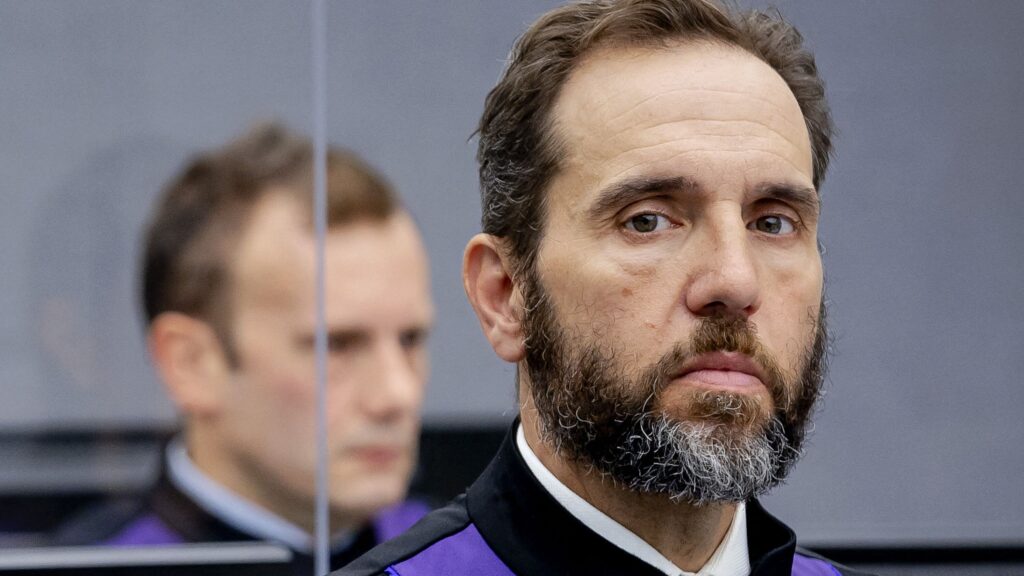Former President Donald Trump is fighting to have a federal case involving classified documents dismissed by claiming that Special Counsel Jack Smith was improperly appointed.
Trump’s attorneys filed motions on Thursday seeking the dismissal of the case, in which he faces accusations of unlawfully retaining classified materials after leaving office and obstructing government efforts to retrieve them.
The former president pleaded not guilty to 40 charges and is arguing for absolute immunity, stating that designating the materials as his records during his presidency allows him to keep them under the Presidential Records Act.
Trump’s legal team also contends that Smith’s appointment by Attorney General Merrick Garland in November 2022 was illegal because it lacked Senate approval, citing violations of the Appointments and Appropriations clauses.
“The Appointments Clause does not permit the Attorney General to appoint, without Senate confirmation, a private citizen and like-minded political ally to wield the prosecutorial power of the United States,” Trump’s lawyers wrote.
“As such, Jack Smith lacks the authority to prosecute this action,” they added.
In December 2023, a legal team representing Donald Trump made reference to a previous Supreme Court petition filed by Edwin Meese, the former Attorney General, along with law professors Steven Calabresi and Gary Lawson.
They argued that as a private citizen, Smith had no right to be appointed special counsel. The team sought an expedited decision from the Supreme Court on Trump’s immunity from prosecution for his alleged involvement in the events leading up to the January 6 attack.
Trump contends he can halt the federal investigation by invoking absolute immunity.
As Smith oversees this investigation related to Trump’s administration, the petition asserts that Smith does not have the authority to prompt an immediate ruling from the Supreme Court on the immunity issue.
“Nor does he have authority to conduct the underlying prosecution. Those actions can be taken only by persons properly appointed as federal officers to properly create federal offices,” the motion states.
“Neither Smith nor the position of Special Counsel under which he purportedly acts meets those criteria. And that is a serious problem for the American rule of law—whatever one may think of the defendant or the conduct at issue in the underlying prosecution.”
Smith is encountering obstacles in his legal battles against Trump following a recent ruling by U.S. Supreme Court Chief Justice John Roberts.
Despite a federal appeals court in Washington, D.C., rejecting Trump’s broad claim of immunity, the case has not been sent back to a lower court for trial pending the Supreme Court’s review of Trump’s request for urgent relief.
Smith has urged for a swift resolution of the immunity dispute to allow Trump’s trial in Washington, D.C., originally set for March 4, to proceed later this year.
In an effort to expedite the process, the special counsel petitioned the Supreme Court to address the immunity matter in December ahead of the D.C. Circuit Court of Appeals’ evaluation, but this plea was turned down by the justices.
“This Court’s immediate review of that question is the only way to achieve its timely and definitive resolution,” Smith wrote in the December filing. “The Nation has a compelling interest in a decision on [Trump’s] claim of immunity from these charges — and if they are to be tried, a resolution by conviction or acquittal, without undue delay.”
During a recent hearing, Justice Samuel Alito contended that Colorado’s ban on Trump running for president is overly harsh, as the state considers removing him from the 2024 ballot under the pretext of “insurrection”.
ICYMI: Was Russian Opposition Leader Navalny Working with CIA?


